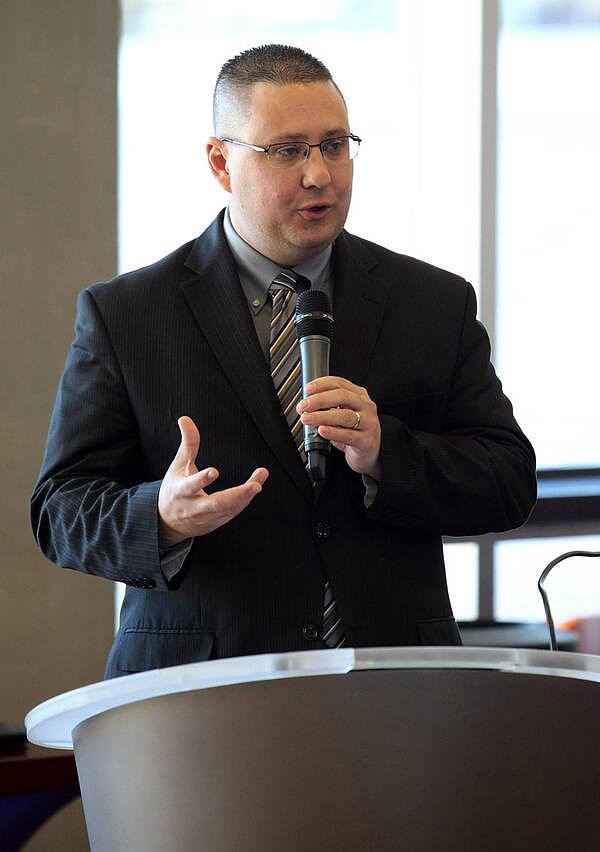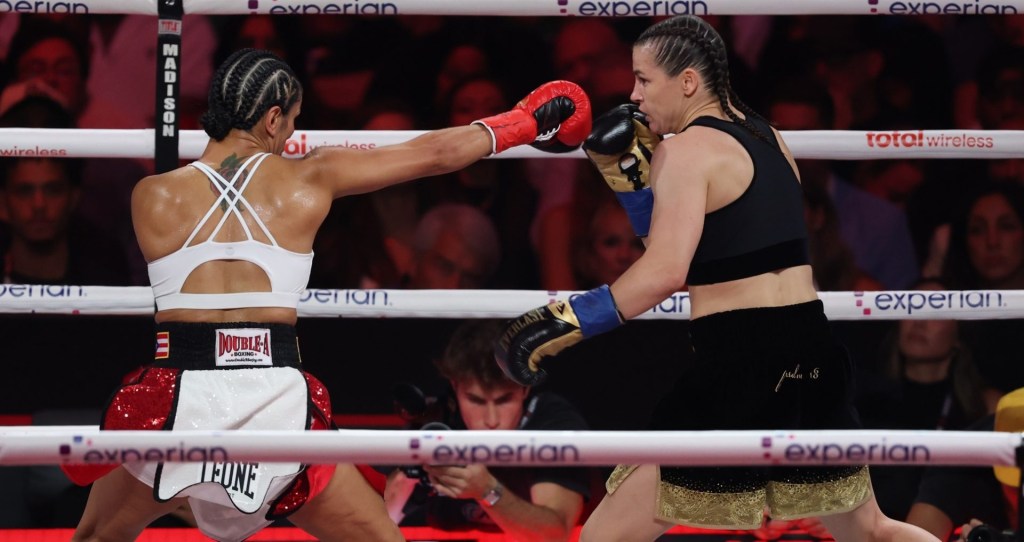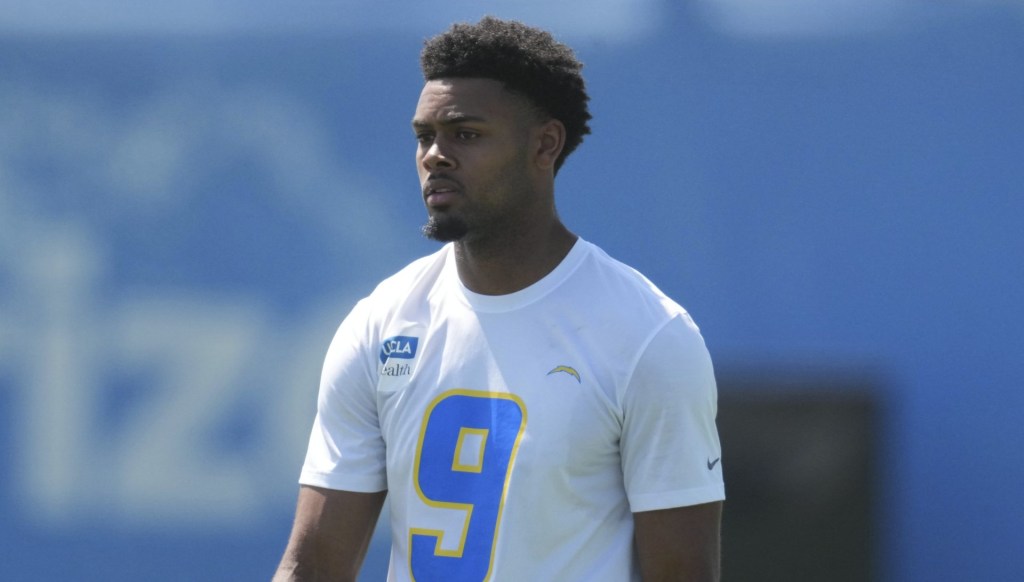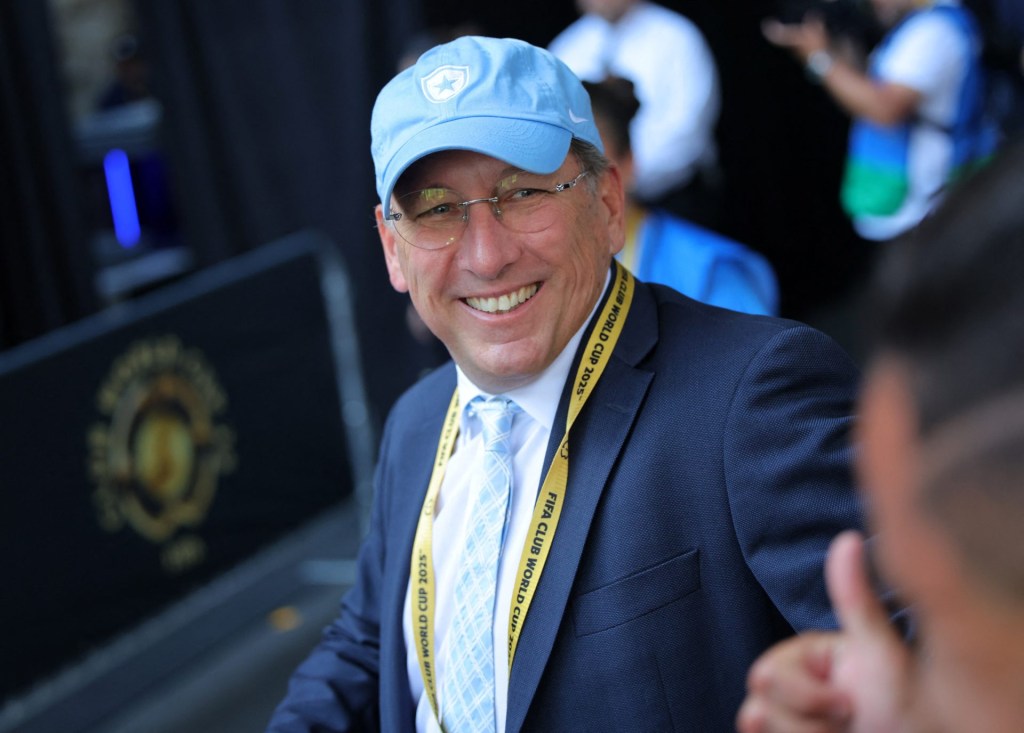By: Chase McCaskill, @itsmechase

Front Office Sports is proud to have had the opportunity to speak with Jimmy Sanderson. Jimmy began his career by receiving his B.A., M.A., and Ph.D. at Arizona State University in Communication Studies. His career and research has focused on sport communication, namely social media. More recently, Jimmy was an assistant professor in the Department of Communication Studies at Clemson University. He has since accepted a position as Director of Marketing, Communication, and Faculty Relations for Clemson Online (Clemson’s Online & Distance Education Division). We are thankful that Jimmy took his time to share with us his story, knowledge of sport communication, and many tips on the area of social media.
Tell me a little bit about yourself, how did you end up where you are today?
Currently I am the Director of Marketing, Communication, and Faculty Relations for Clemson Online. I also do research and teach in the area of sports communication. My primary research interests lie in social media. I actually had a career in human resources management for about eleven years. As I was doing my master’s degree at Arizona State, I had a professor that asked me if I wanted to research with him in 2006. Some of our work was published and I really was just kind of hooked at that point.
It was interesting to see the way that people were communicating online, but at that time I was fairly new to social media. I then realized that I could have a job where I studied sports so I received my PhD from Arizona State and during that time I wrote a book on social media in sports. I came to Clemson in 2012 and have been fortunate to see success with my research, but also have found satisfaction that this research is getting into the hands of people in the industry.
Where is social media being utilized the most today in sport organizations and in which platforms do you see it being utilized the most tomorrow?
Right now, what I have seen in my research, I think it’s more in the area of social media education for athletes. How are we empowering people to get the information they need to make responsible decisions [on social media]? We are seeing social media as a strategic tool given the visibility that athletes have. By now, organizations have realized that social media has customer service value, value in terms of getting your story and message out. So, in terms of the future, I see us investing in social media education at the high school level. These kids, especially those getting a lot of recruiting coverage, by the time they are sophomores in high school could have thousands of social media followers.
I think the other thing is just more from a resource standpoint (i.e. what kind of resources are sport organizations going to devote to social media: financial, human resources). We are going to see more of an emphasis on two-way dialogue/interaction. The challenge is going to be staying on top of [the new forms] of social media. Really the future, for me, is strategy revision and resource allocation.
For a student looking to go into sports communication, what experience is most attractive to hiring managers? What jobs/internships prepare you most for an entry-level communications position?
What’s in demand is someone who knows how to do something. Most people in sports, frankly, don’t care about your GPA, they want to see what you know how to do. Do you know how to use media for effective communication? The biggest thing for students is getting experience anyway you can: working for athletic department writing stories, doing graphics, videos, etc. Practice doing blogs, Twitter, Instagram, anything that is going to build your a portfolio because this is what people are looking for.
You’ve got to do something to give you the edge and relying on a GPA or transcripts, frankly, is not going to cut it. The other thing is to make sure and maximize your time in school to make connections with people in the industry. It’s amazing how many people in sports are on Twitter and will engage/interact with students. When employers are selecting interviews from applications, they want to have a reason to go from a big stack to a small stack. So, you’ve got to have some products, or a portfolio, to show someone and you must be building your network.
Where are sports organizations most commonly misusing social media?
May not necessarily be a misuse because social media has great value as a information dissemination tool. But, personally, I would like to see organizations being more interactive and more engaging with fans through social media, I think this area is underutilized.
What is one of the most common misconceptions about a job in sports communication?
The most common misconception is that sports communication is only broadcasting. At Clemson, we take a much more holistic approach because there are so many more jobs than just broadcasting. Thinking about careers in sports public relations, human resources for a sport organization, event management, community relations, sports information in the collegiate athletic environment, coaching, etc. there are just so many more jobs that are communication based in sport. Also, think about companies that do business with sports teams. For us [at Clemson] we try to get students to see the bigger picture in sports communication.
Say a student is interested in social media, but cannot find opportunities to practice running an organizations social media platform. How can this student manage their own social media in such a way to prepare them for a larger opportunity?
First off, you’ve got to be willing to jump in and go do it. Don’t be careless, but at some point you just have to try. Be willing to take some risk. Think about what it is you want to say and focus on. One thing that managers are really looking for are people who know how to articulate a position with an argument and your social media/blogs can be a great place to do that. Another thing is to go look at what people you admire are doing on Twitter and how they interact with people.
Parting Wisdom: “To be successful in the sports industry you have to ______?”
You have to be willing to learn. You have to understand you don’t know it all. There are many people out there with great expertise, who are willing to help. There is nothing wrong with reaching out and learning from other people. You do not have to know everything. Be willing to learn, be teachable, be humble.
We would like to thank Jimmy for his time and insight and we wish him all the best in his future endeavors!
You can follow him on Twitter here or connect with him on LinkedIn here!
If you are interested in his book, co-written with Chris Yandle, feel free to check out this link!

















